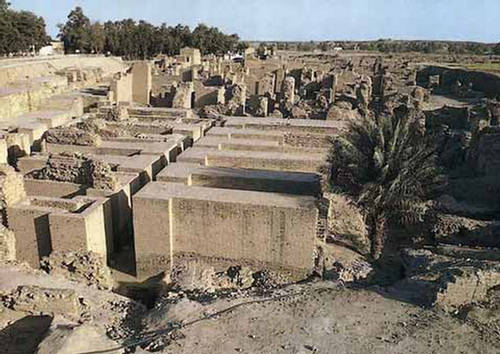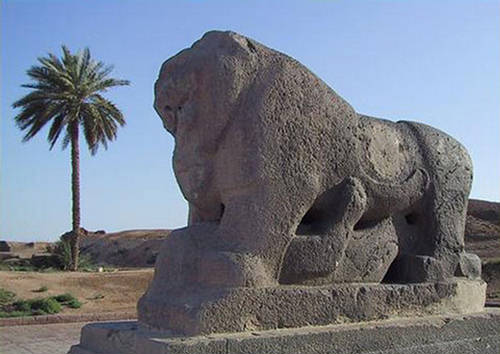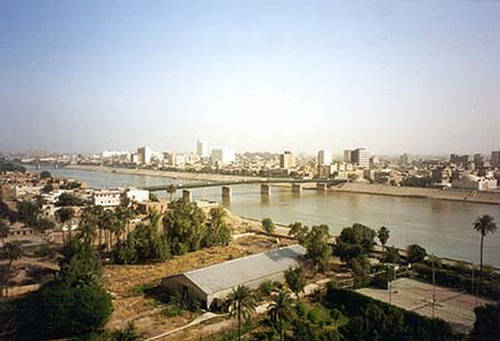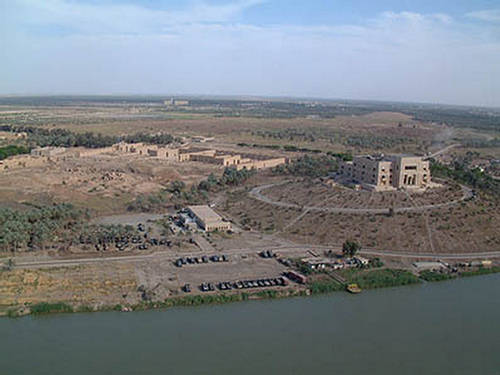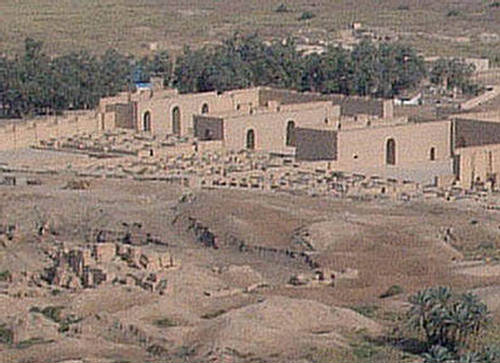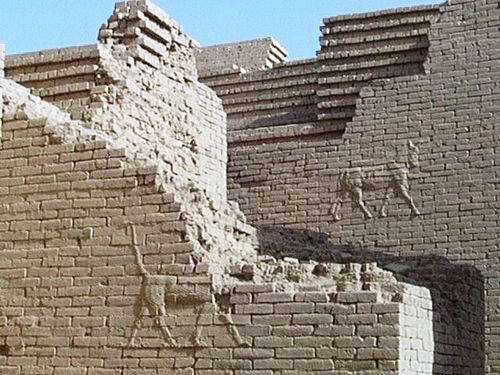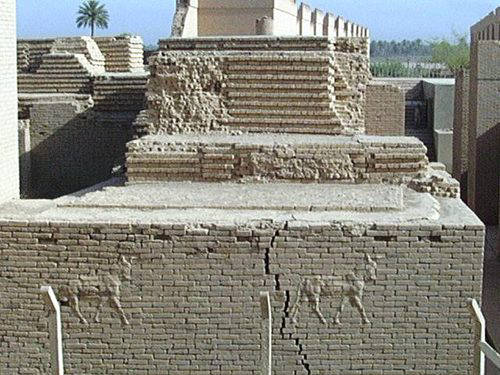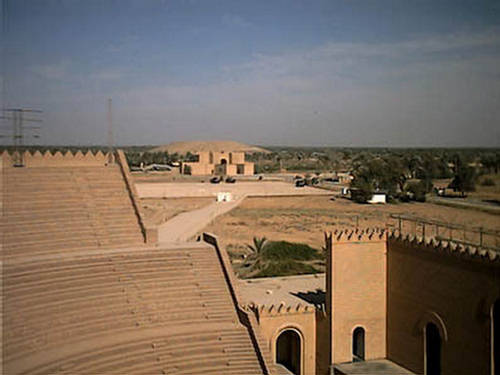Post
by Shangubi » Jun 01, 2009
Amorites
Amorites 'emori (Hebrew) An Amorite; originally a mountaineer, but finally a Canaanite people living in the land east and west of the Jordan. Used in the Bible interchangeably with Canaanites (though the latter generally referred to people still living, while Amorites especially referred to the people of the past), the term is evidently connected with the Assyrian name Amurru, Egyptian Amar, and Babylonian Mar-tu, referring to the lands north of Palestine as far as Kadesh on the Orontes -- although there was a district of the name Mar-tu in the neighborhood of Babylonia.
Easton's Bible Dictionary Browse
Amorites
highlanders, or hillmen, the name given to the descendants of one of the sons of Canaan (Gen. 14:7), called Amurra or Amurri in the Assyrian and Egyptian inscriptions. On the early Babylonian monuments all Syria, including Palestine, is known as "the land of the Amorites." The southern slopes of the mountains of Judea are called the "mount of the Amorites" (Deut. 1:7, 19, 20). They seem to have originally occupied the land stretching from the heights west of the Dead Sea (Gen. 14:7) to Hebron (13. Comp. 13:8; Deut. 3:8; 4:46-48), embracing "all Gilead and all Bashan" (Deut. 3:10), with the Jordan valley on the east of the river (4:49), the land of the "two kings of the Amorites," Sihon and Og (Deut. 31:4; Josh. 2:10; 9:10). The five kings of the Amorites were defeated with great slaughter by Joshua (10:10). They were again defeated at the waters of Merom by Joshua, who smote them till there were none remaining (Josh. 11:8). It is mentioned as a surprising circumstance that in the days of Samuel there was peace between them and the Israelites (1 Sam. 7:14). The discrepancy supposed to exist between Deut. 1:44 and Num. 14:45 is explained by the circumstance that the terms "Amorites" and "Amalekites" are used synonymously for the "Canaanites." In the same way we explain the fact that the "Hivites" of Gen. 34:2 are the "Amorites" of 48:22. Comp. Josh. 10:6; 11:19 with 2 Sam. 21:2; also Num. 14:45 with Deut. 1:44. The Amorites were warlike mountaineers. They are represented on the Egyptian monuments with fair skins, light hair, blue eyes, aquiline noses, and pointed beards. They are supposed to have been men of great stature; their king, Og, is described by Moses as the last "of the remnant of the giants" (Deut. 3:11). Both Sihon and Og were independent kings. Only one word of the Amorite language survives, "Shenir," the name they gave to Mount Hermon (Deut. 3:9).
